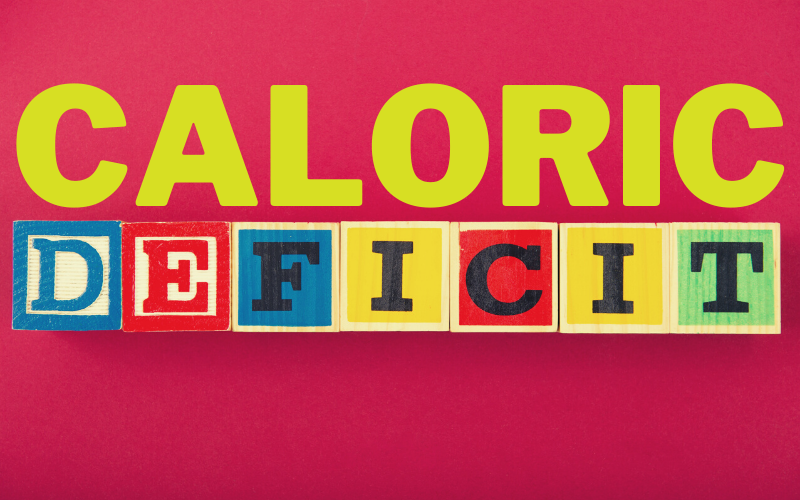Have you tried losing weight but instead you keep on gaining it? Well, have you heard of caloric deficit? If not, this article is a must read for you.
What is Caloric Deficit?
It is the reduction of consumption of foods that are high in calories. One way to do this is by counting the calories in every meal. If not done correctly, this may cause you to gain weight, unless that is your goal. You may eat anything as long as in moderation or what they said, “calculated in your scales.”
If you are aiming at losing and have that dream body, then this is perfect for you.
What are the benefits of Caloric Deficit?
Other than losing a few pounds from time to time, there are other benefits you will get from doing it.
First and foremost is maintaining the desired body weight while doing less. Consuming the same amount of calories per day may help you prevent gaining more.
Burning more than what you take. Calorie deficit is just a help in losing weight than what you take but this should be paired up with exercise to see results.
Lastly, psychologically speaking, losing weight will make you feel good, especially seeing results. Looking at the mirror and seeing the result of your hardship and calorie deficit, it helps you to be motivated and to lose more and have a positive outlook.
Why is it important while losing weight?
To lose weight, you must be in a calorie deficit. This means that the body actually spends more calories than it receives from the diet. Exercising is a great way to burn calories. However, in order to lose significant weight, a person must combine exercise with calorie restriction.
What to eat and not to eat in a Caloric Deficit?
What to Eat
- Fruits
- Vegetables
- Lean proteins
- Low- or no-fat dairy products
- Whole grains
- Herbs and spices
What Not to Eat
- Refined carbohydrates (in excess)
- High-fat foods (in excess)
- Sweetened beverages
How to calculate Caloric Deficit?
To create this calorie deficit, you must first determine your maintenance calories. Maintenance calories are the exact number of calories required by your body to support energy expenditure.
-
Calculating your daily maintenance calorie intake
Using the Mifflin St. Jeor equation, we’ll start by calculating your basal metabolic rate (BMR), one of several options – but is commonly researched and regarded as a good estimate.
Men: BMR = 10 x current weight (kg) + 6.25 x current height (cm) – 5 x age (years) + 5
Women: BMR = 10 x current weight (kg) + 6.25 x current height (cm) – 5 x age (years) – 161
-
Adjusting your calorie intake for weight loss
Remember that 1 kilo of body fat is around 7,700 calories, and we want to lose 0.5-1 kilo every week:
500 calorie deficit per day = 3,500 calorie deficit/week
700 calorie deficit per day = 4,900 calorie deficit/week
These calorie deficits are caused by a combination of eating less and burning more calories. If you follow a rigorous healthy diet and aren’t sure where to cut calories, you may need to work out more.
-
Adjusting for physical activity
Changing your diet is only one component of achieving a calorie deficit; you must also consider your physical activity. When you eat, those calories go into the “plus” calories column for the day, whereas exercise subtracts calories. We want your daily net calories to be about 500 calories lower than your BMR for weight loss.
Food Calories – Exercise Calories = Net Calories
Calculating how many calories you burn while exercising is difficult because it is not an exact science.
Working out and being in a caloric deficit will help you in tremendously losing and burning excess fat. Now, you have the idea of what caloric deficit is, it is time to grind.
Get Healthier and Fitter in 2022! Claim your FREE TRIAL NOW!
JOIN THE BEST GYM IN TULLAMARINE!
Find this article useful? Read more of our blogs here!








